MPC: CBN raises cash reserve ratio to 27.5% to address monetary inflation
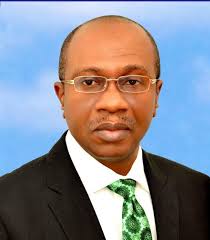
The Monetary Policy Committee of the Central Bank of Nigeria (CBN ) has increased the Cash Reserve Ratio (CRR) to 27.5% from 22.5%, while it retained the Monetary Policy Rate (MPR) at 13.5%, liquidity ratio at 30% and asymmetric corridor at +200- 500 basis point around the MPR.
The CRR is used to determine the minimum amount deposit commercial money bank must hold in the reserve of the CBN
The CBN Governor, Mr Godwin Emefiele disclosed on Friday in Abuja at the end of the two day MPC meeting that by increasing the CRR at this time will help address money monetary induced inflation.
Emefiele urged banks to be more vigorous in the drive to improve access to credit through the loan to deposit ratio policy, “as doing this would help not only in creating job opportunities, but also increasing output growth and moderating prices. It is noteworthy, that gross credit in the industry grew by N2 trillion between May 2019 and December 2019.
“The MPC cautioned that public debt was rising faster than both domestic and external revenue, noting the need to tread cautiously in interpreting the debt to GDP ratio.”
Emefiele however, raised concern over the rising debt services and urged the fiscal authorities to strongly consider building buffers by not sharing all proceeds from the Federation Account at the monthly FACC meetings to avert the macroeconomic downturn in the event of an oil price short.
He further called on the government to gradually reduce reliance on oil receipts and focus on revenue diversification through reforms of the tax system.
According to him, “Committee also called on government to rationalize fiscal expenditure towards reducing the current excessively high cost of governance.
He further called on the government to gradually reduce reliance on oil receipts and focus on revenue diversification through reforms of the tax system.
According to him, “Committee also called on government to rationalize fiscal expenditure towards reducing the current excessively high cost of governance. WorldStage


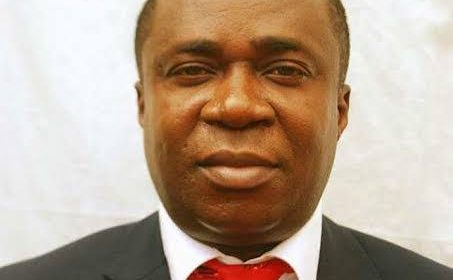
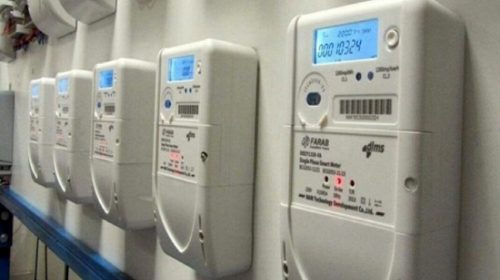
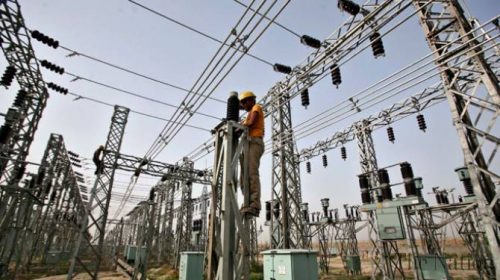
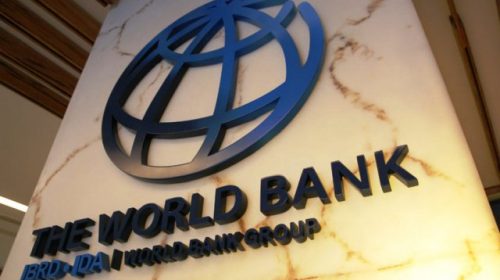

Leave a Reply